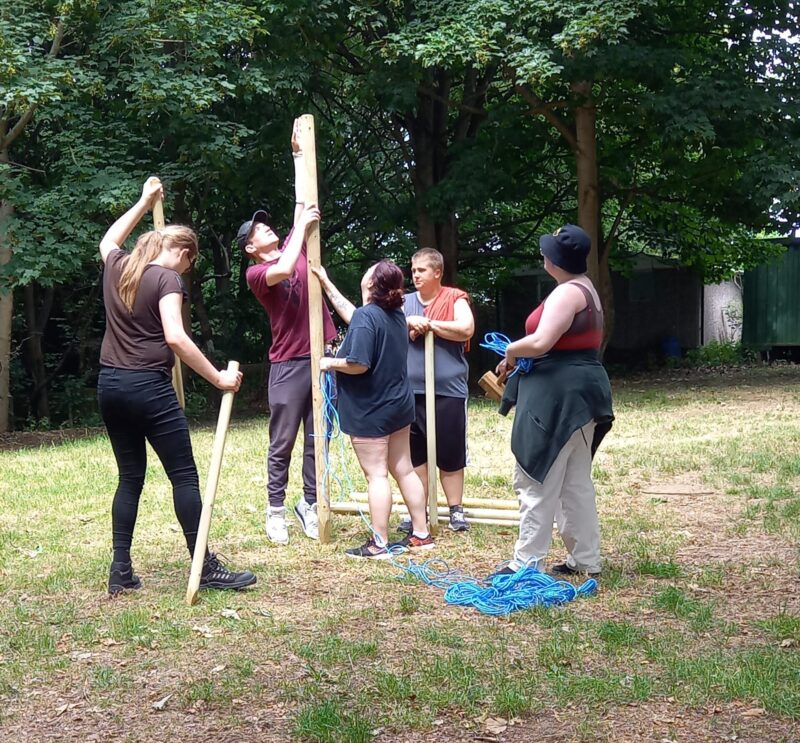According to the government, the UK is currently experiencing an ‘epidemic’ in school and colleges, with the number of frequently absent pupils doubling since pre-covid times.
Since the pandemic, anxiety and mental health issues have increased, especially in young people. A recent study found the pandemic happening in many children’s formative years has suggested potential disruptions in the formation of self-identities, social skills and delayed cognitive growth. The changes in daily routines and sleep qualities, excessive use of social media and phones, and high parental stress has also caused a big change to mental health.
With increased mental health struggles, education can often struggle too. So if you believe your child’s attendance has started to suffer, here’s what you can do to help.

How to spot the signs
Frequent complaints of illness
Has your child started to complain about feeling ill a lot before they attend school or college? Somatic illnesses such as a sore tummy, or a persistent headache could be a sign of underlying anxiety or avoidance if you’re noticing them frequently.
Changes in mood
Irritability, withdrawal and frequent emotional outbursts could all be indicators of some of the stress that child is experiencing in relation to education.
Disengagement
If your child previously liked going to school or college, and now doesn’t, it could be a sign of disengagement. Also look out for them just not being interested in things that they normally are interested in, avoiding schoolwork or talking negatively about school more often.

How to help
Communication
It’s important to have open communication with a nonjudgmental dialog, ask specific questions about school friendships, how the child feels about attending, and just try and keep that line of communication open as much as possible.
Collaborate with others
Talking to teachers, counsellors, other professionals or healthcare providers can help you understand if there are deeper issues like bullying or mental health concerns, or if they are feeling a lot of pressure on academically.
Positive reinforcement
It is really important to praise efforts that they have made, and reward small improvements with attendance and attitudes towards school.
Be involved
It’s common for more parents to become less involved in their children’s school work as they get older, but it’s still important to show your child that you care about their education.
Young people also learn through role modelling, if this is important to my parent, maybe it should be important to me, so working collaboratively with them can be a big help.
Keep to a routine
Routine and structure is really important, even for us as adults. The unknown makes us feel unsafe, so if we don’t have a routine or structure, then we never really know what to expect. If we can make as much of the unexpected known, then that actually eliminates part of that threat in our in the threats of our brain, and makes things more predictable for us.
Simple ways of doing this can include establishing bedtime, helping with morning routine to make sure everyone is dressed and prepared, and making regular check ins on homework.

How Inspire can help
At Inspire, we have numerous programmes specially geared to help young people.
NCS – Aimed at 15 – 17 year olds, the National Citizen Service is dedicated to getting young people trying to get the young people interested in learning again. Find out more here.
Thrive – For 16-24 years olds not in Education, Employment or Training, Thrive is one-on-one coaching usually taking place over 10 weeks. It focuses on finding out what they need to be able to confidently make their next move, whether that be education or work. Find out more here.
Yes Programme – For 16- 25 year olds who are not in employment, our knowledgable team help young people find the right track, and make their next steps into work, education or training. Find more information here.
With thanks to Laura Andreas-Collins



